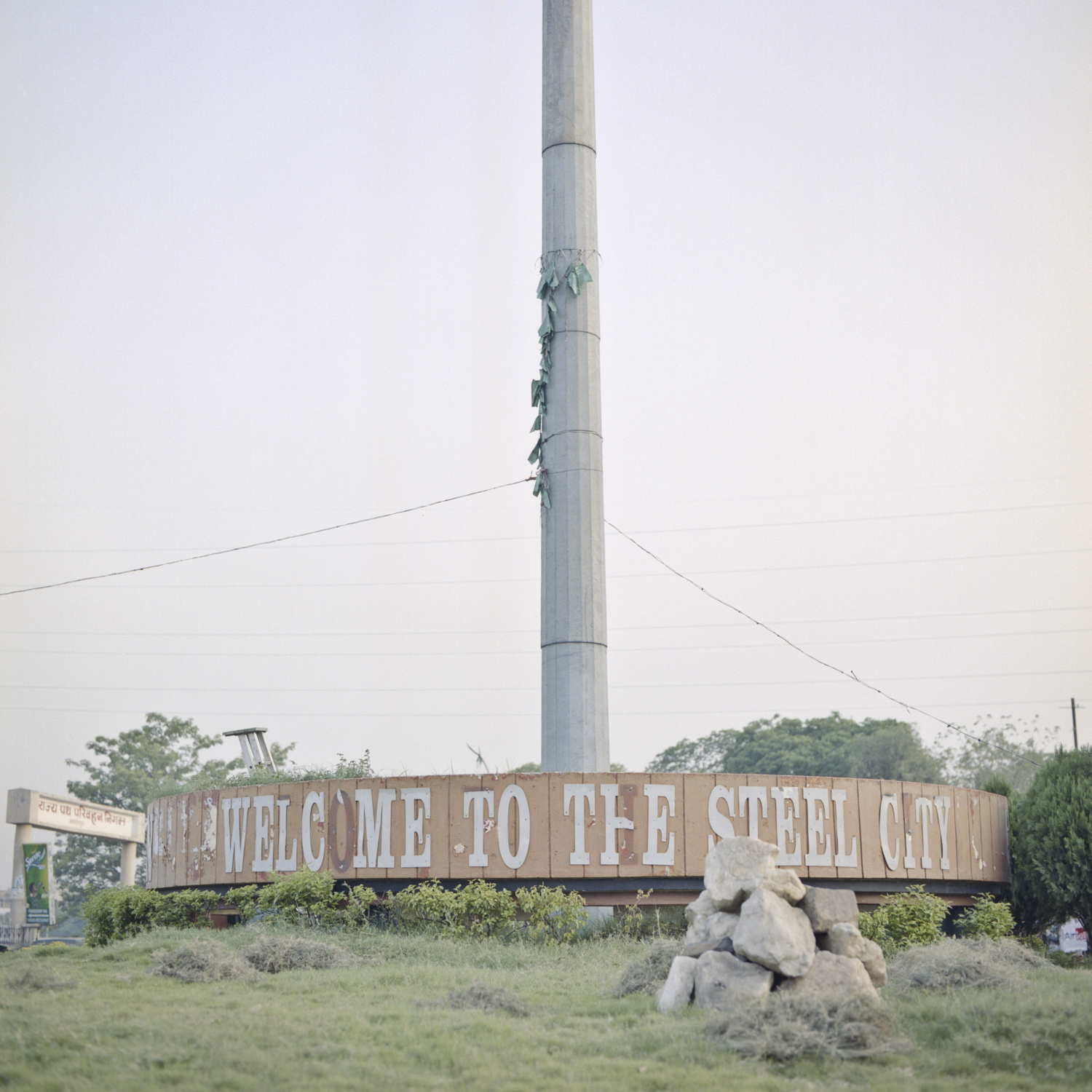
WELCOME TO TATA CITY
JAMSHEDPUR, INDIA | 2009
Tata Stadium, Tata Football Academy, Tata Amusement Park, Tata Center for Excellence, Tata School… In Jamshedpur, historical headquarter of the biggest Indian multinational, everything seems “Tata Branded”. They drive Tata cars, they drink Tata Tea, they spent the evening watching Tata satellite TV and they venerate Jamsetji Tata, the city founder, as a god of the Hindu pantheon. The origins of this giant of Indian industry appeared at the end of the 19th century when Jamsejti, a rich contractor from Gujarat, took the decision to build a huge steel plant next to Calcutta. Nationalist and visionary, Jamsetji planned every detail of construction of the workers’ city that was planned next to the factory. 8 hours of work a day, free housing and healthcare for the workers and their families… Indian paternalism was born. One century later, Jamshedpur is still one of the biggest sources of pride for the Tata group, which presents the city as its best example of his effective social responsibility policy. There are millions of people living in this totally private city where the quality of life is without any doubt better than in most urban zones in India. The other side of the coin is that the corporate culture is so strong that it often seems the only way of thinking.
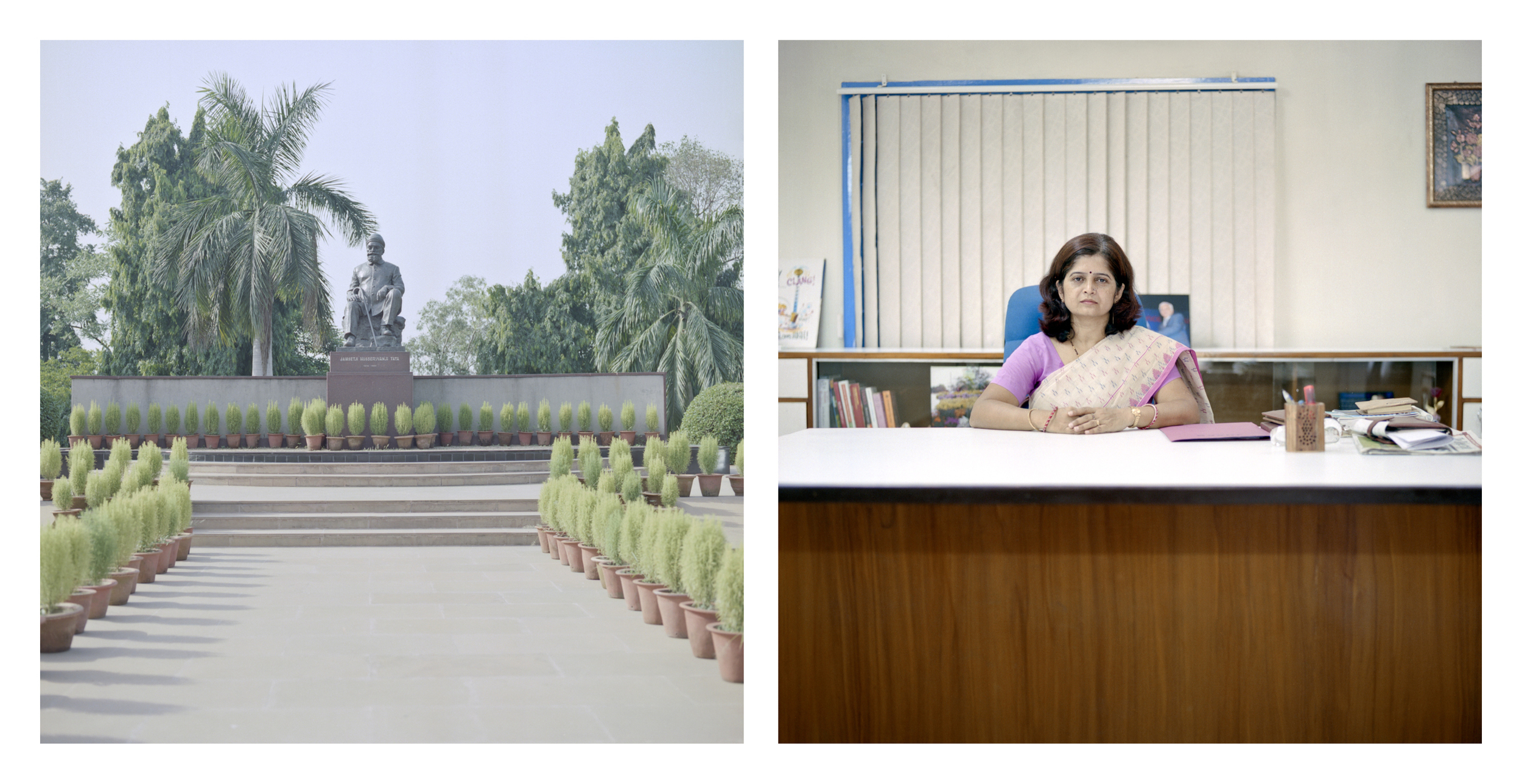
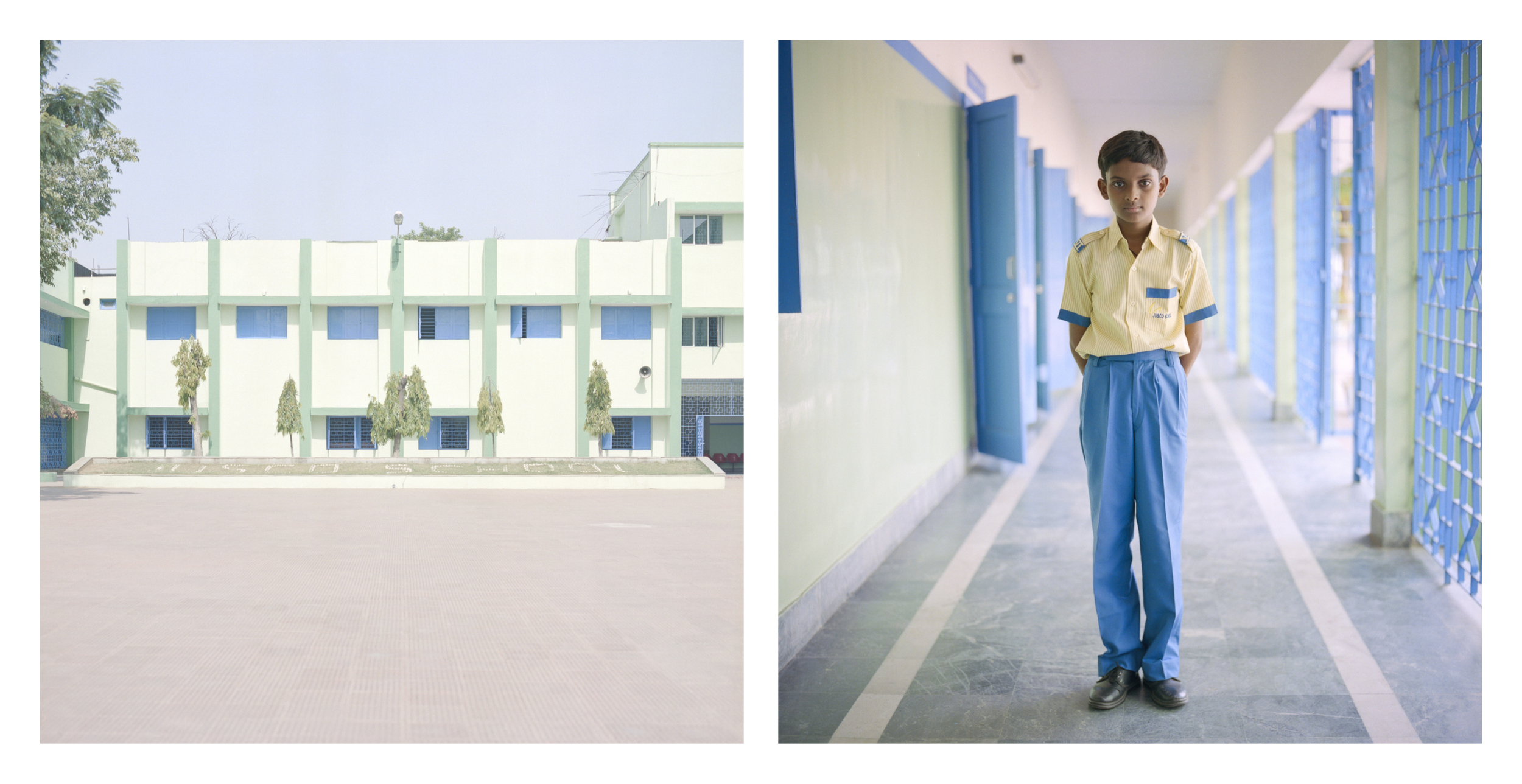
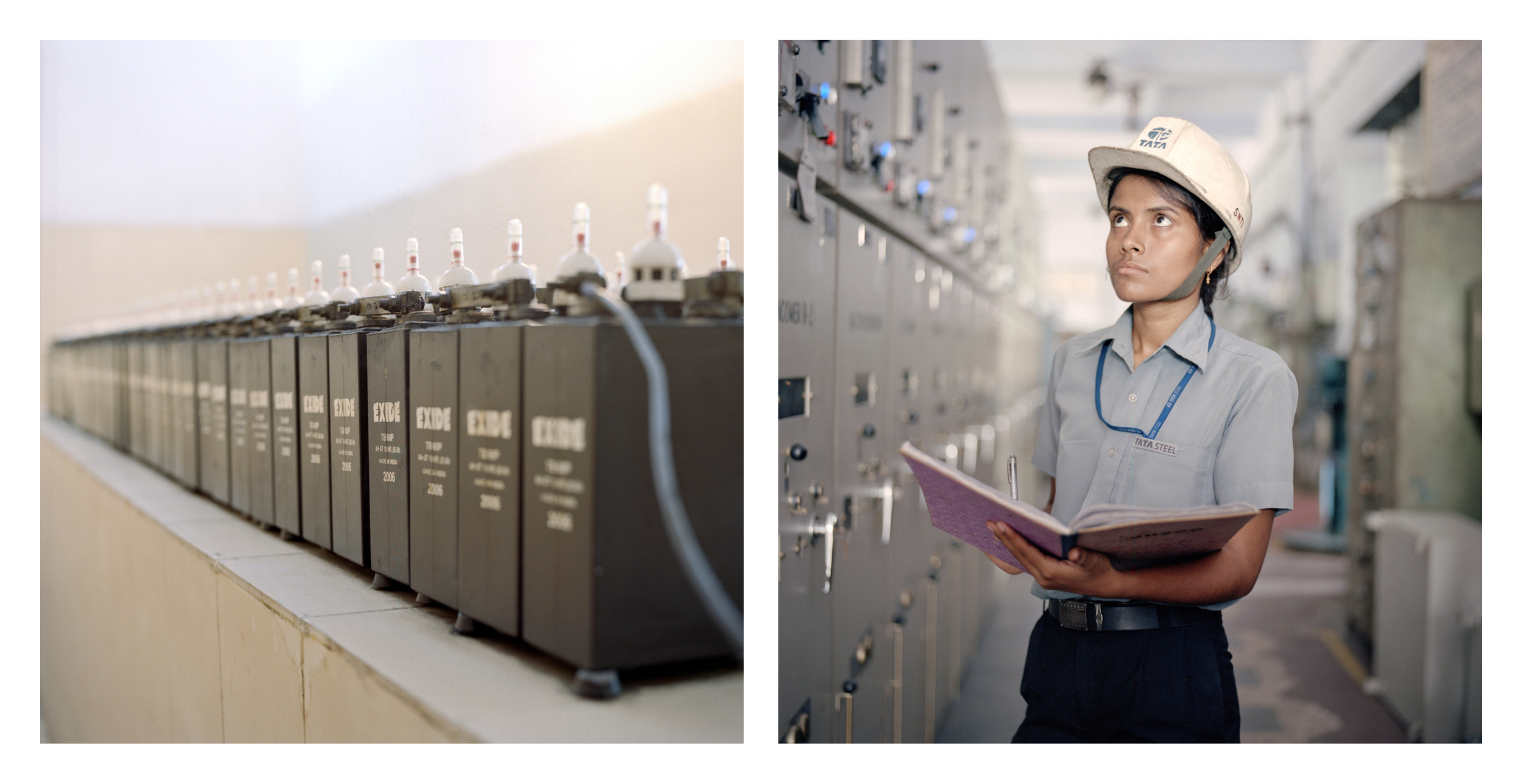
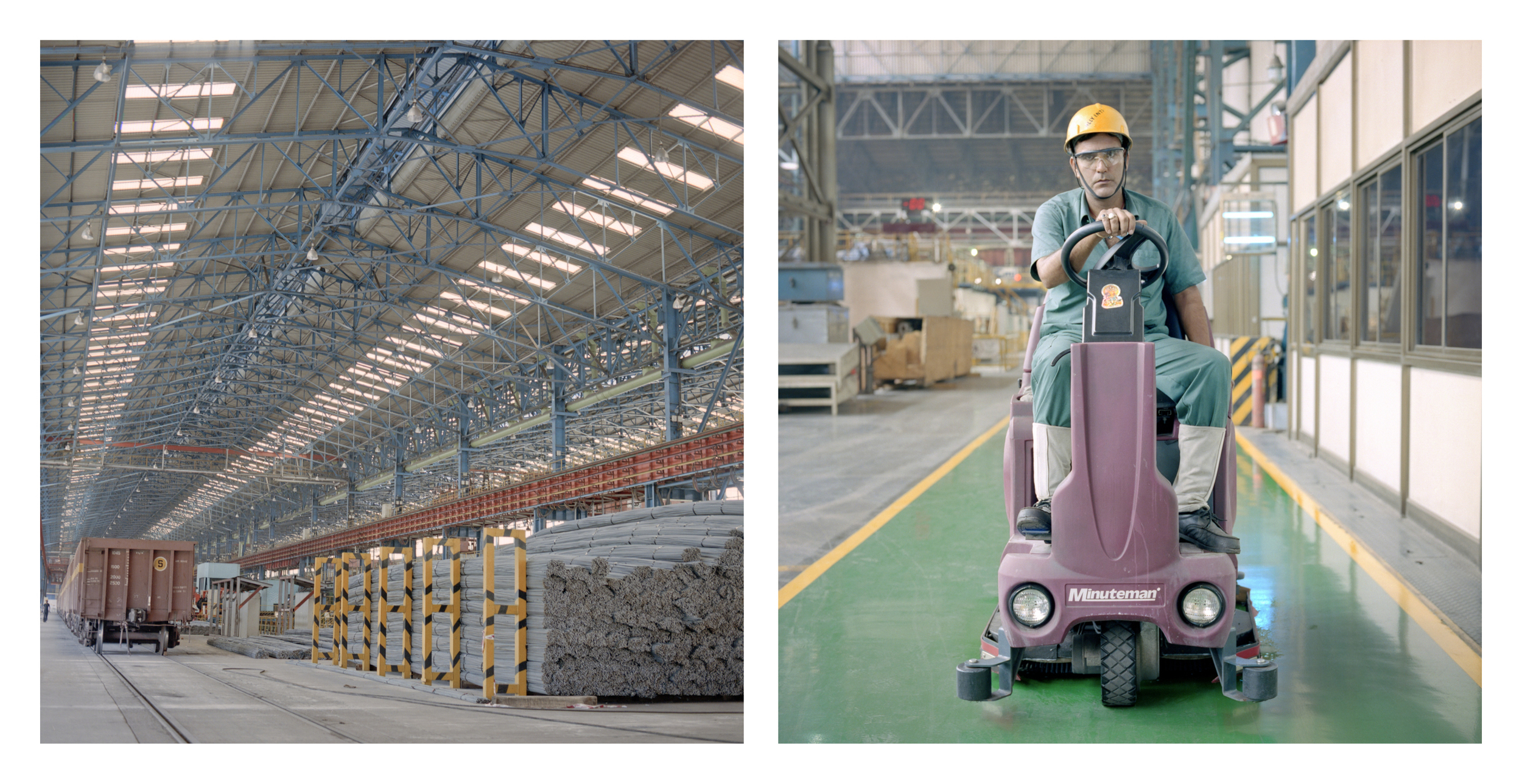
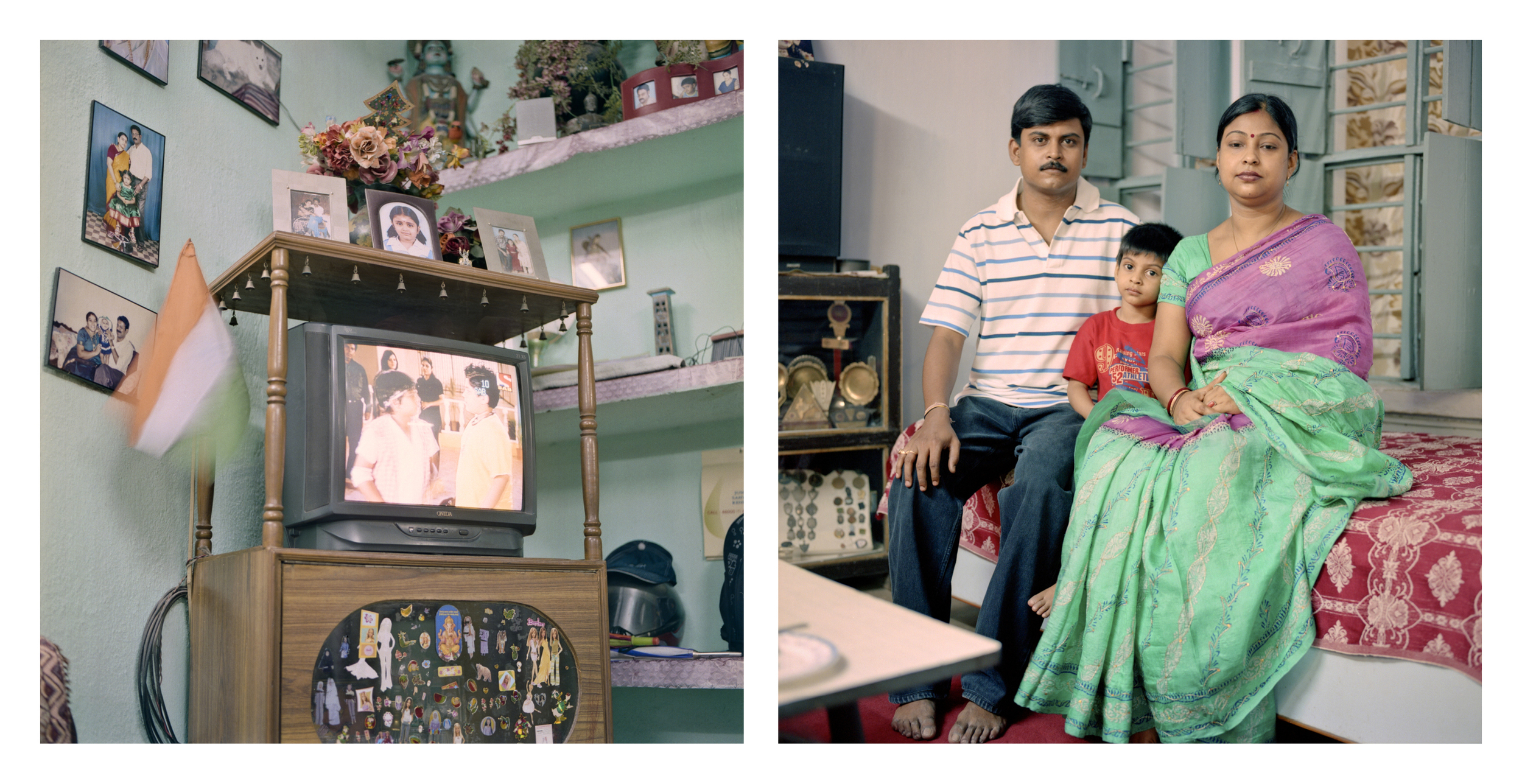
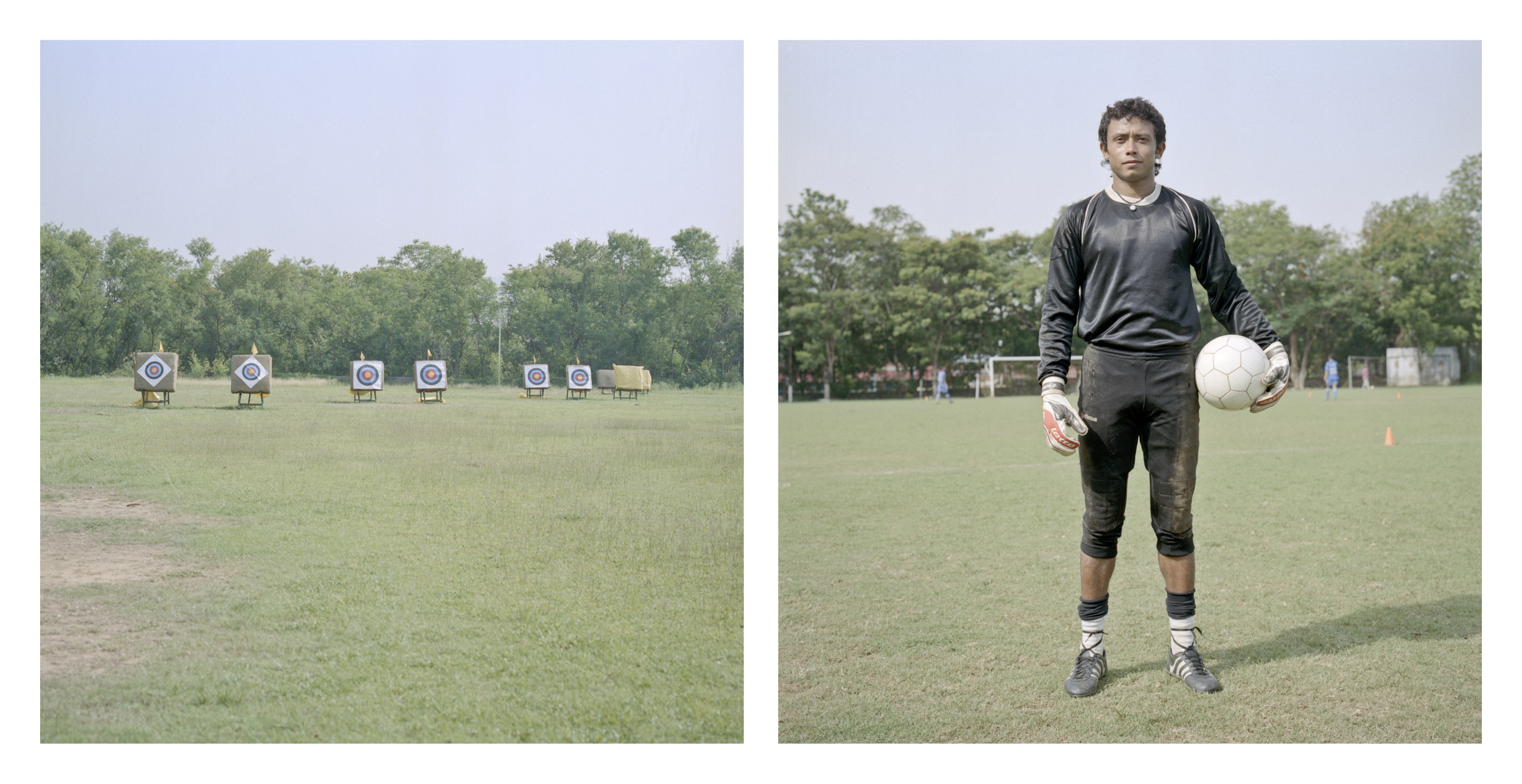

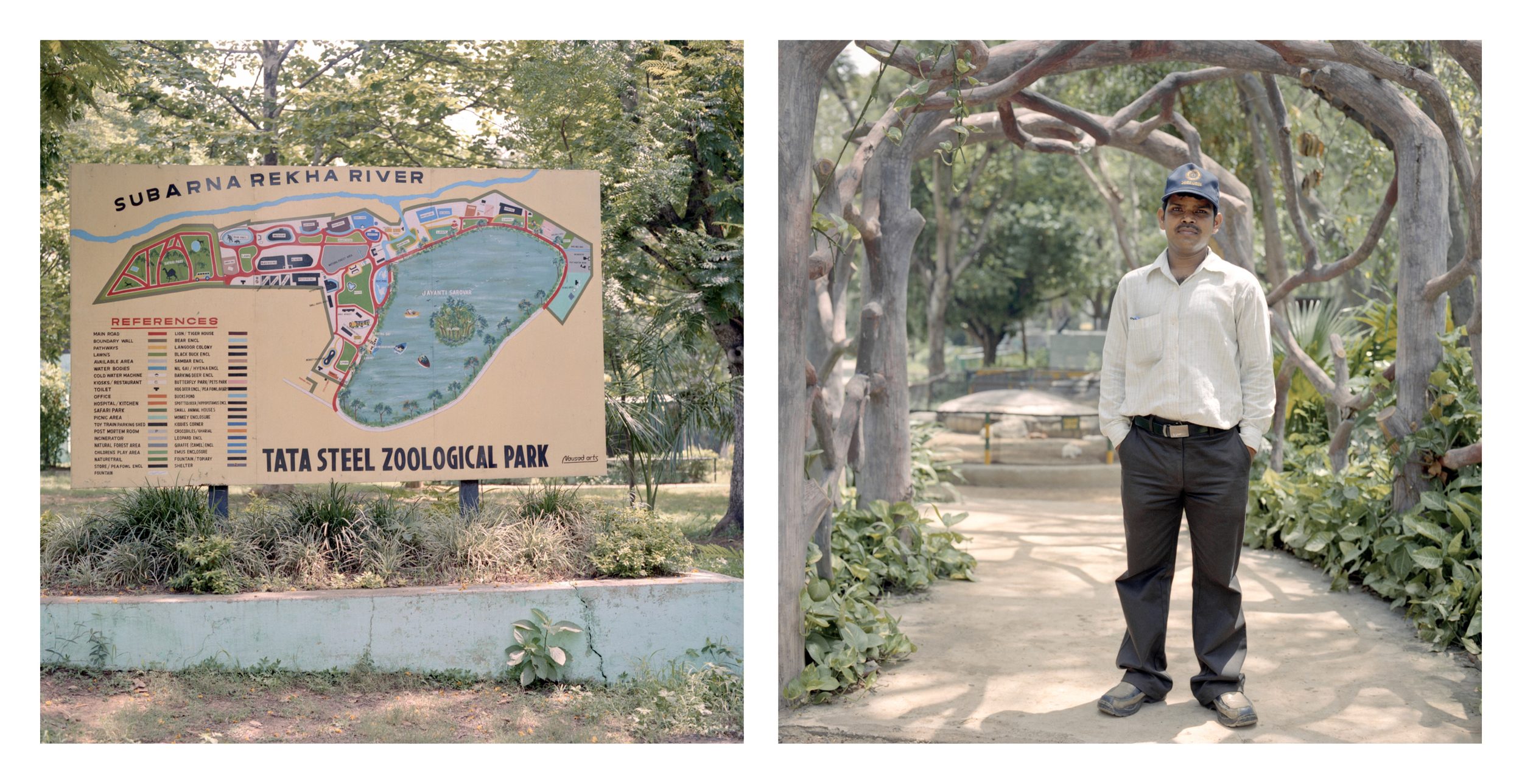
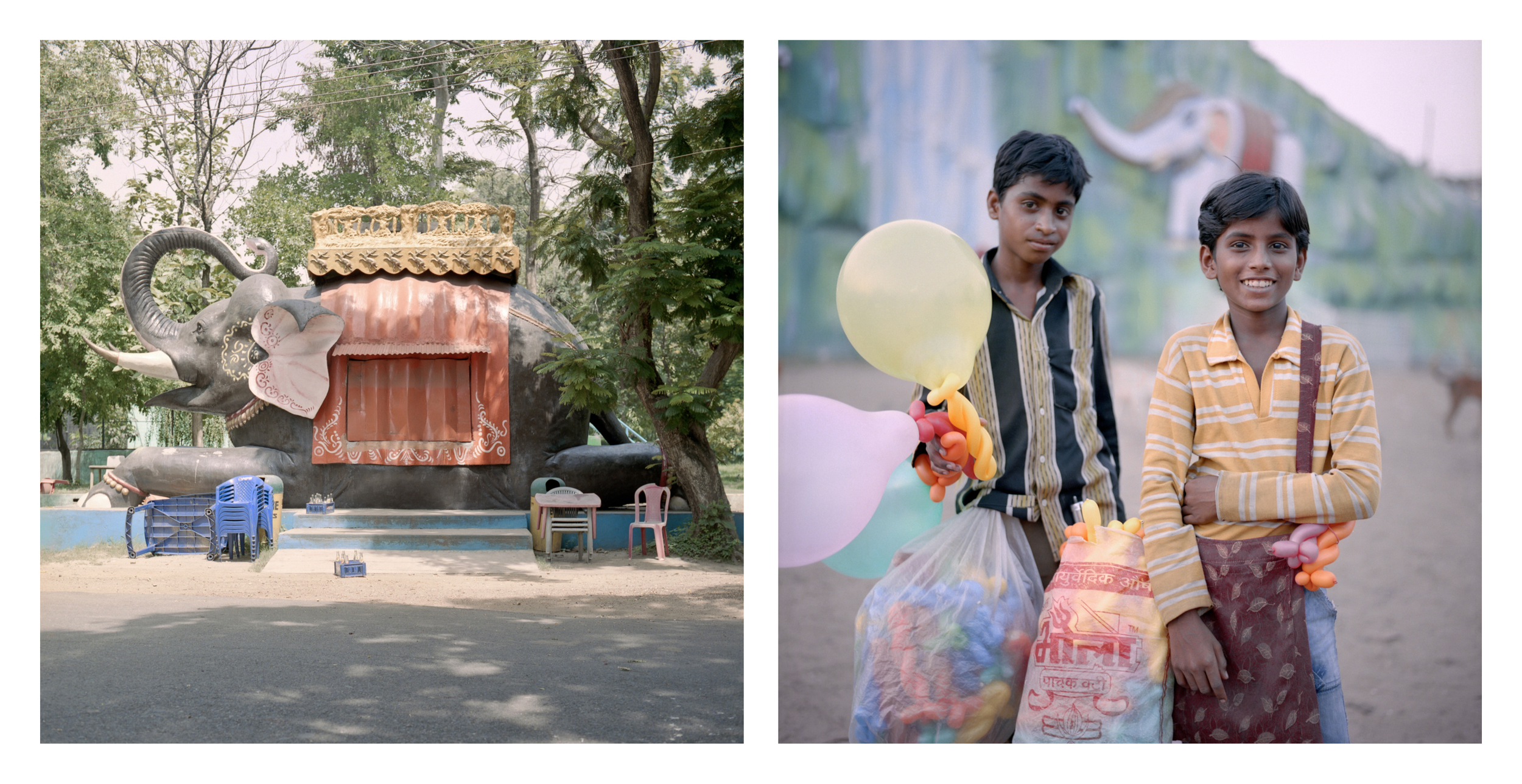
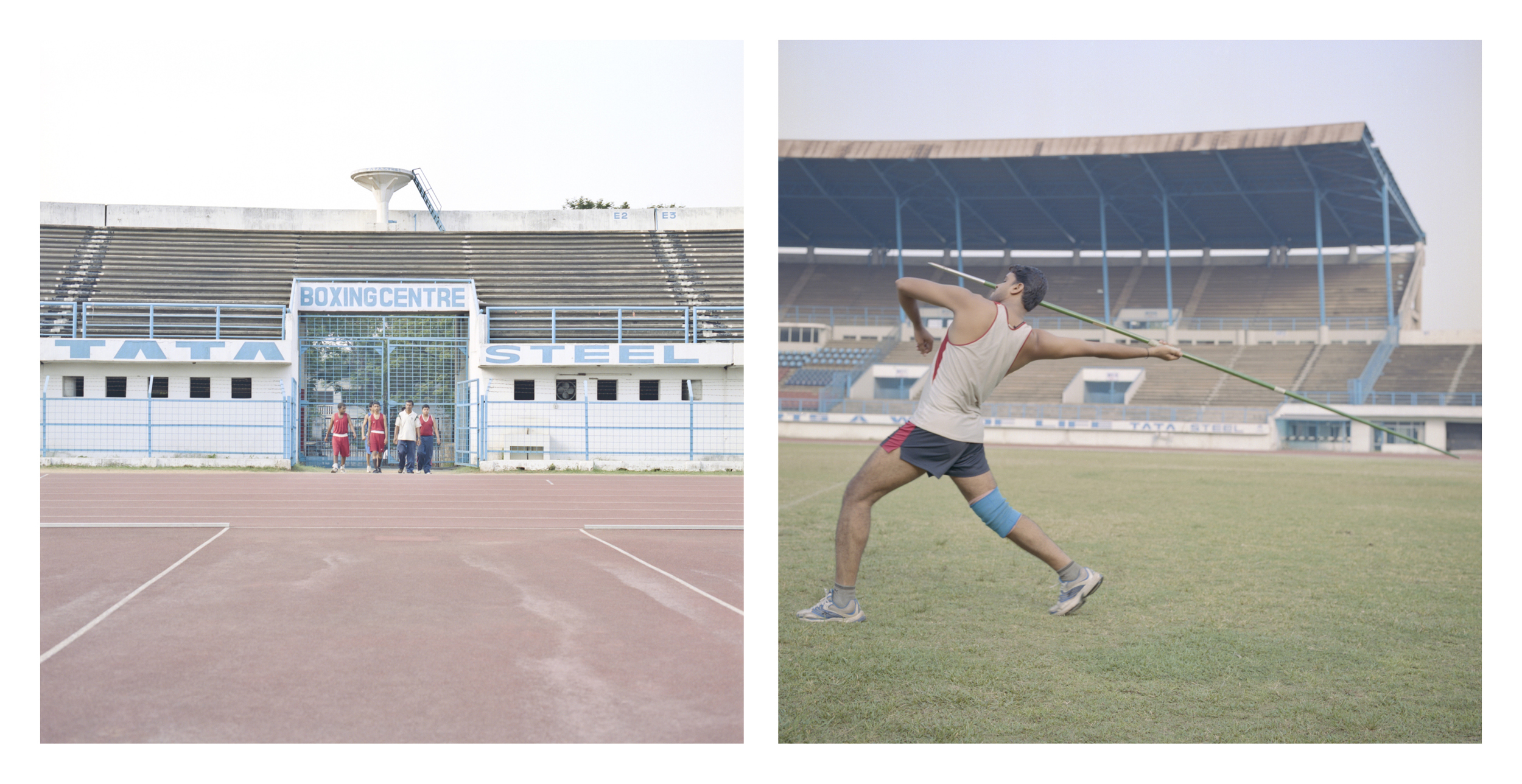
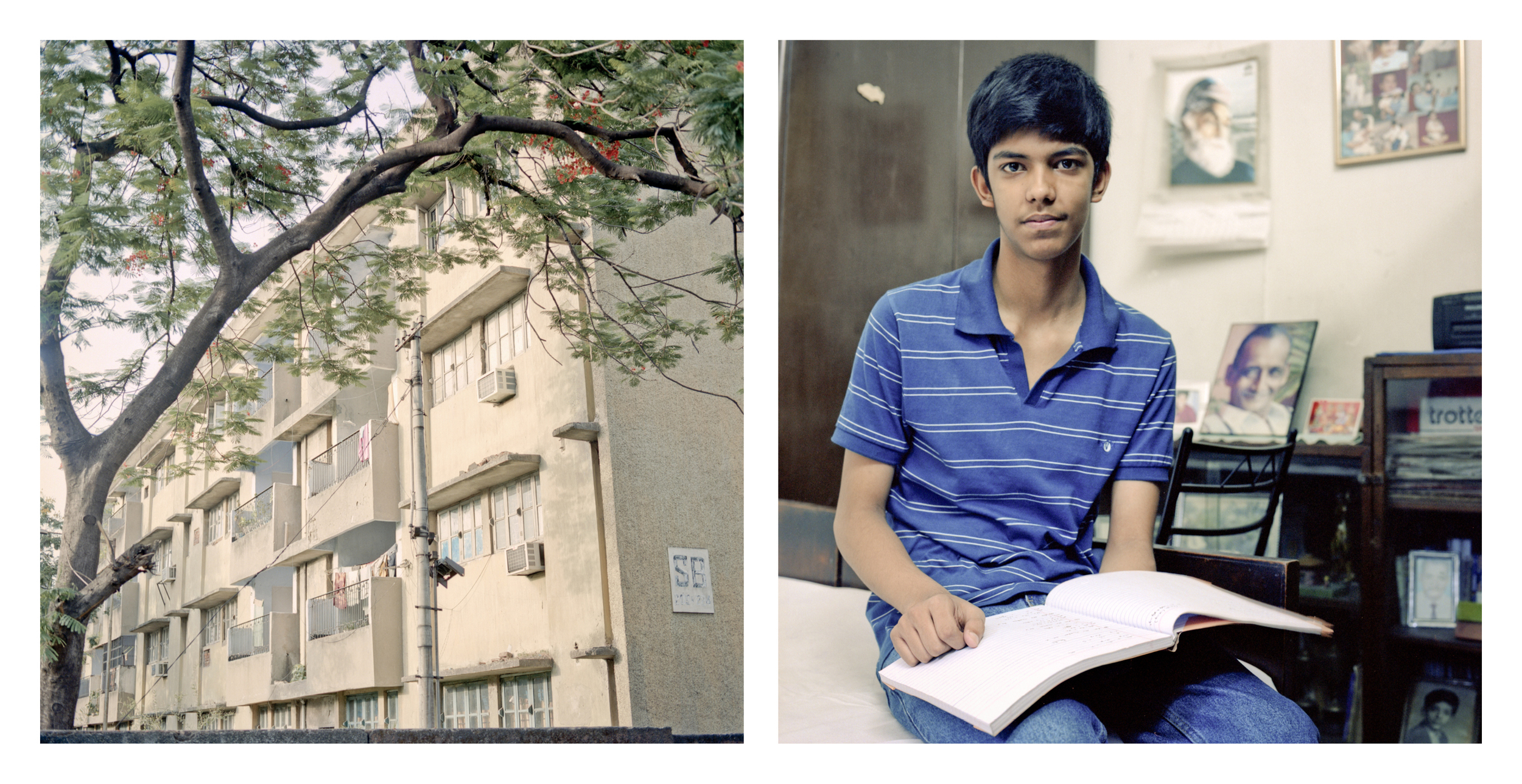
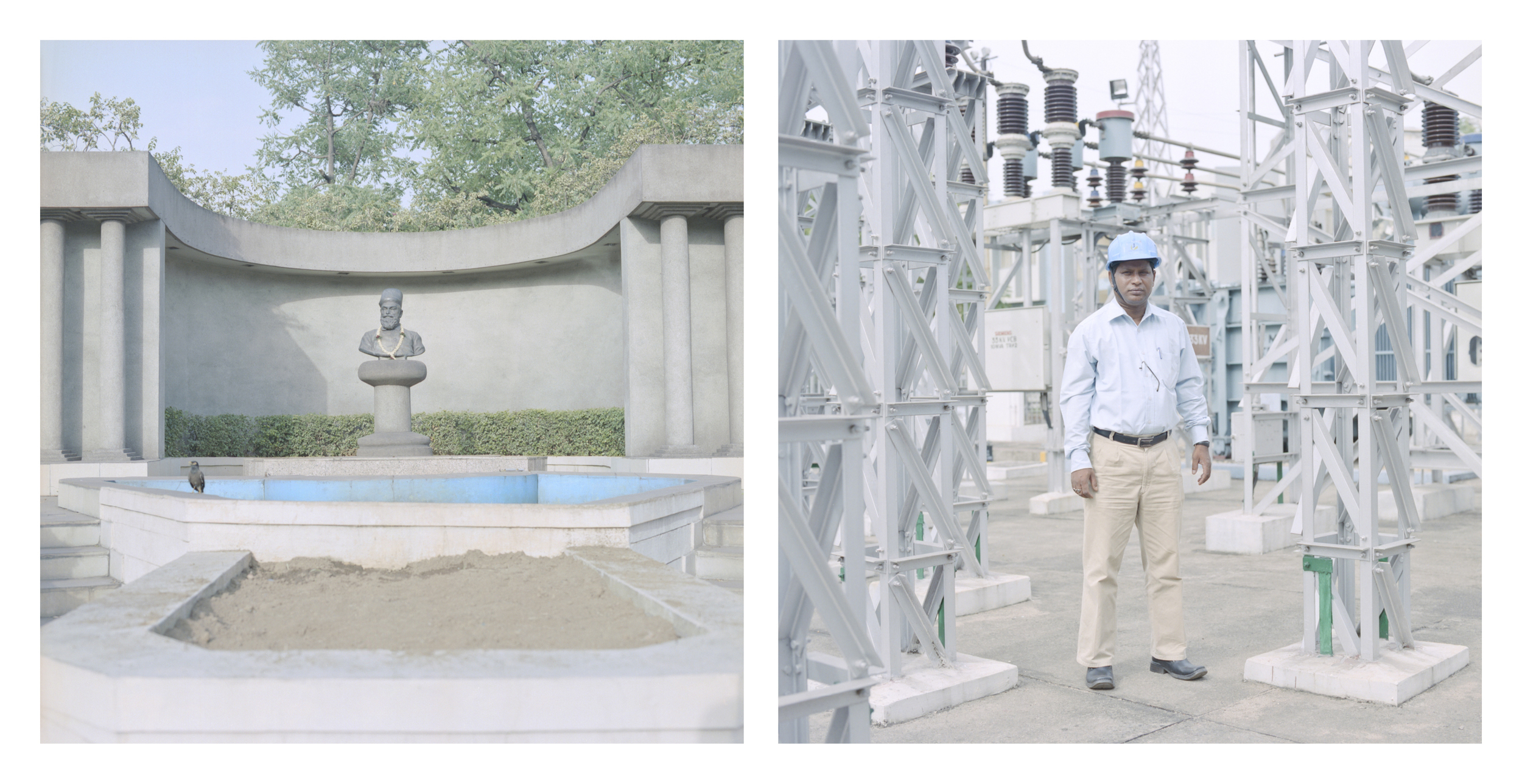
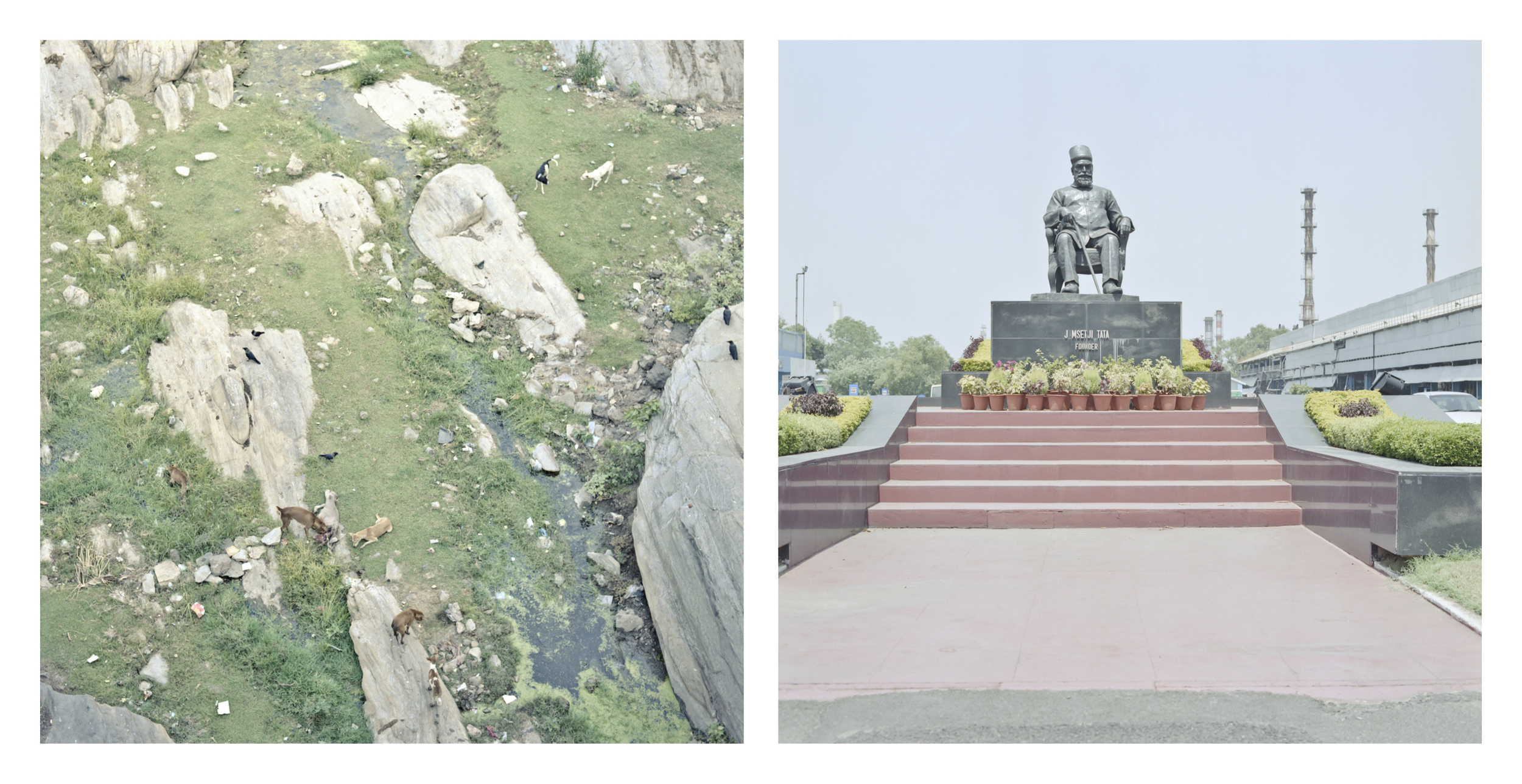
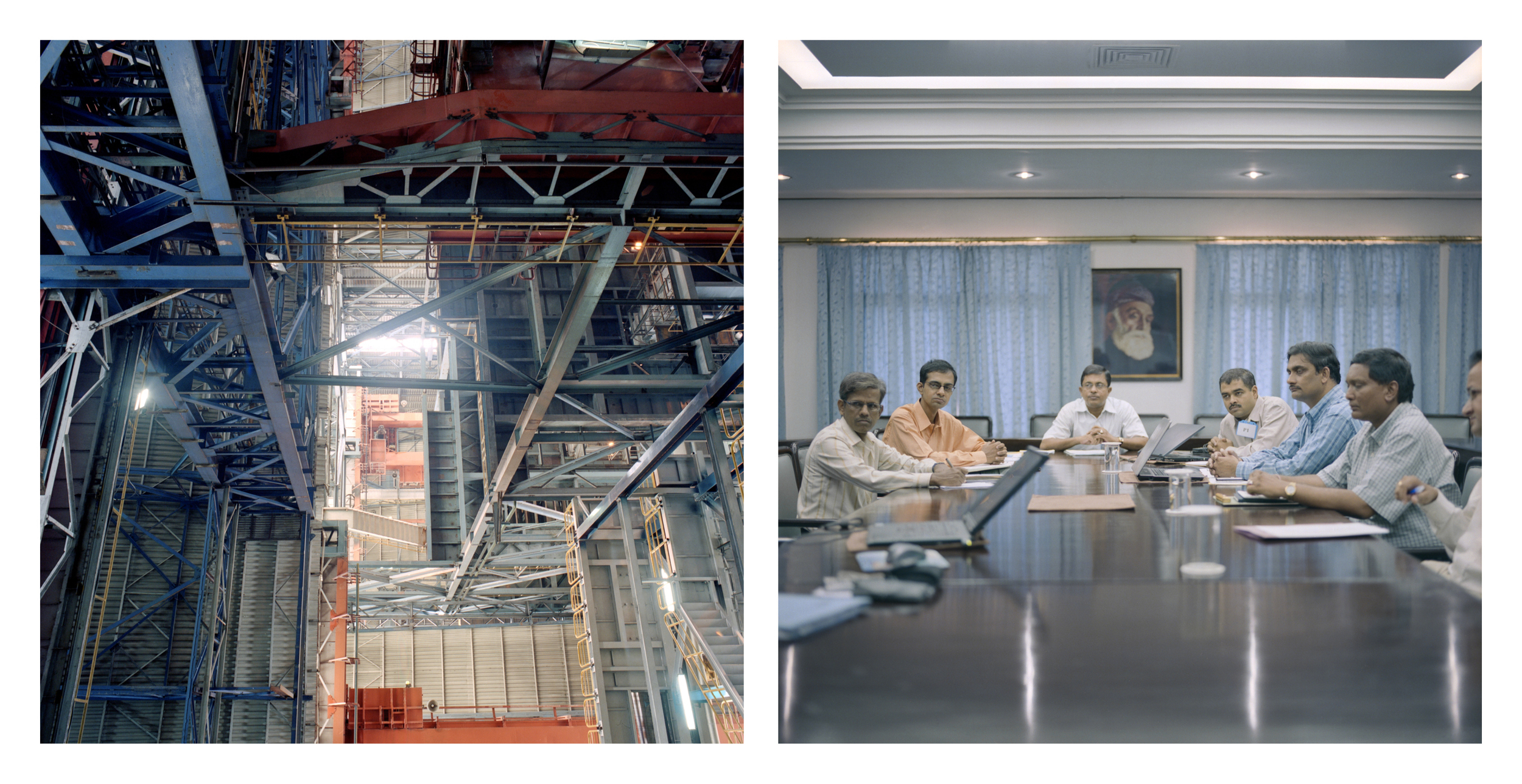
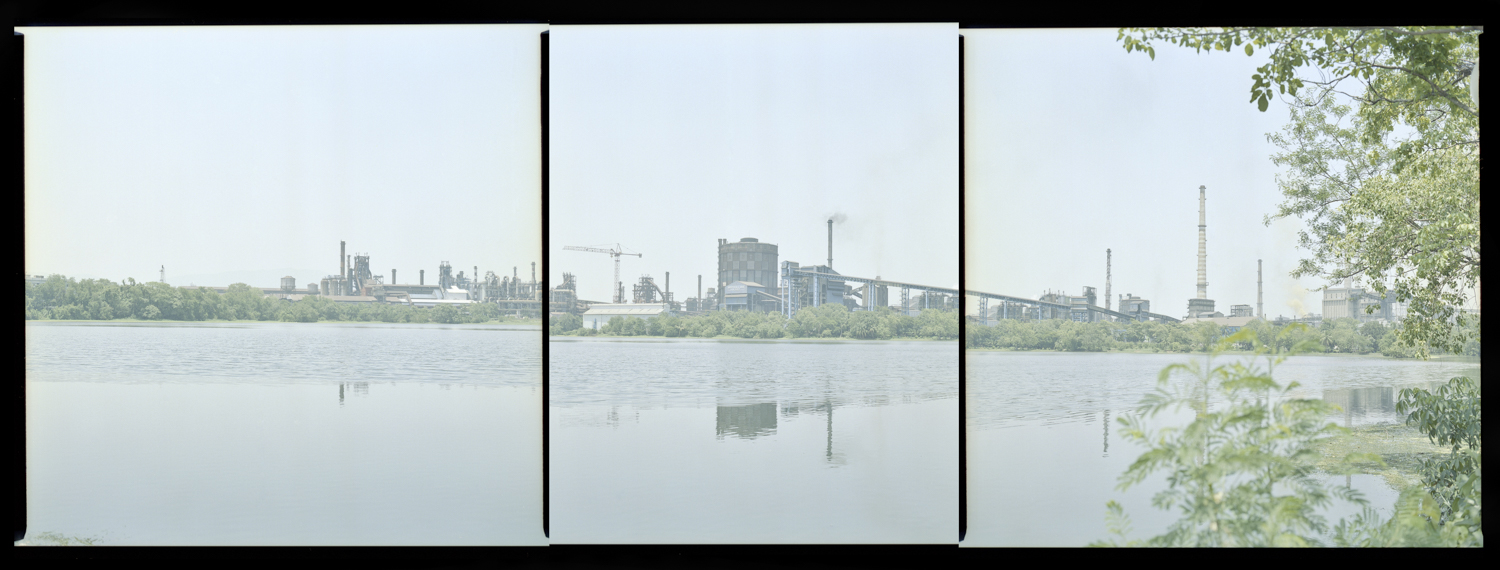
















WELCOME TO TATA CITY
JAMSHEDPUR, INDIA | 2009
Tata Stadium, Tata Football Academy, Tata Amusement Park, Tata Center for Excellence, Tata School… In Jamshedpur, historical headquarter of the biggest Indian multinational, everything seems “Tata Branded”. They drive Tata cars, they drink Tata Tea, they spent the evening watching Tata satellite TV and they venerate Jamsetji Tata, the city founder, as a god of the Hindu pantheon. The origins of this giant of Indian industry appeared at the end of the 19th century when Jamsejti, a rich contractor from Gujarat, took the decision to build a huge steel plant next to Calcutta. Nationalist and visionary, Jamsetji planned every detail of construction of the workers’ city that was planned next to the factory. 8 hours of work a day, free housing and healthcare for the workers and their families… Indian paternalism was born. One century later, Jamshedpur is still one of the biggest sources of pride for the Tata group, which presents the city as its best example of his effective social responsibility policy. There are millions of people living in this totally private city where the quality of life is without any doubt better than in most urban zones in India. The other side of the coin is that the corporate culture is so strong that it often seems the only way of thinking.